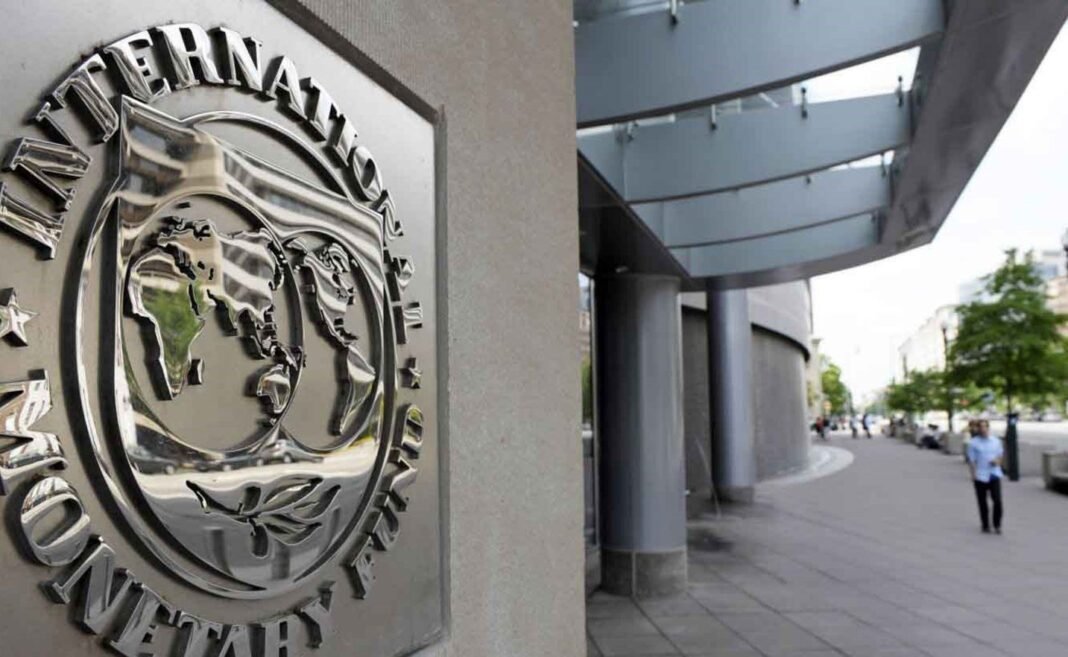The International Monetary Fund (IMF) revised its economic outlook for Iraq, showing stronger growth and lower inflation. The latest World Economic Outlook signals a more stable path for the country’s economy in the coming years.
Therefore, The International Monetary Fund (IMF) now expects Iraq’s real GDP to grow by 0.5 percent in 2025, improving from the April forecast of a 0.2 percent decline. Growth is set to accelerate to 3.6 percent in 2026, up from the previous projection of 1.4 percent. Higher oil revenues, recovering domestic demand, and government spending adjustments drive this improvement.
Inflation estimates have also been lowered. The IMF predicts 1.5 percent inflation in 2025, down from 2.5 percent earlier. In 2026, inflation is expected at 2.5 percent, slightly below the prior 2.7 percent forecast. Lower inflation supports household purchasing power and business planning.
Analysts note that modest GDP growth combined with controlled inflation can encourage private sector investment. The IMF highlighted that government fiscal policies and central bank actions helped create a more favorable economic environment.
The revisions bring optimism for investors and policymakers. Stable growth and manageable inflation may attract more investment. They also strengthen confidence in Iraq’s economic management. Experts stress that continued reforms and efforts to diversify beyond oil are essential to maintain long-term growth.
Iraq’s economy appears to be on a gradual recovery path. While challenges remain, the IMF’s updated outlook shows the country moving toward stability. Moderate growth, lower inflation, and proactive policies could support consumer spending, boost business activity, and create a more resilient economy over the next two years.


